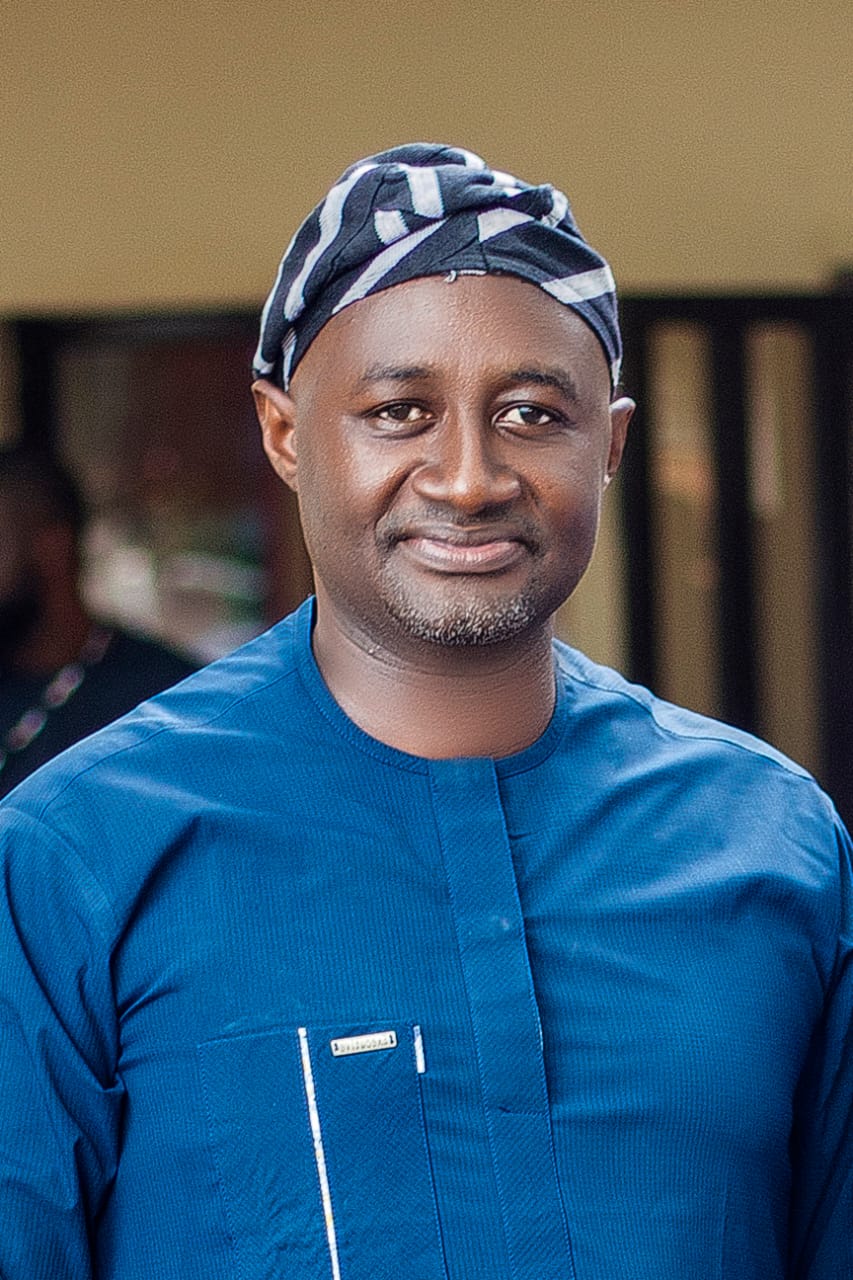
Young People: Architects of Nigeria’s Sustainable Future
Young People: Architects of Nigeria’s Sustainable Future
Nigeria, a nation with one of the world’s largest and most vibrant youth populations, stands at a critical juncture. The demographic bulge, often framed as a potential demographic dividend, presents a unique opportunity to accelerate sustainable development, inspire meaningful change, and forge a future that is inclusive, prosperous, and resilient. While facing systemic challenges, young Nigerians are increasingly stepping up, becoming a powerful force for progress and innovation. This article explores the multifaceted role of young people in driving sustainable development in Nigeria, highlighting their contributions and the opportunities that lie ahead.
The Power of Youth in Driving Sustainable Development
Sustainable development, as outlined by the United Nations’ Sustainable Development Goals (SDGs), encompasses a holistic approach to progress, balancing economic growth, social inclusion, and environmental protection. For Nigeria, achieving these goals is paramount, and young people are proving to be indispensable partners in this endeavor.
Innovation and Entrepreneurship: Nigerian youth are not waiting for jobs to be created; they are creating them. In a rapidly evolving digital landscape, young entrepreneurs are leveraging technology to solve local problems. From Agrotech startups developing sustainable farming solutions to Fintech companies providing financial services to the unbanked, youth-led businesses are not only creating employment but also diversifying the economy away from its traditional reliance on oil. These innovative ventures often integrate sustainable practices from the outset, demonstrating a commitment to a greener and more equitable future.
Environmental Stewardship and Climate Action: The threat of climate change is particularly acute in Nigeria, affecting agriculture, water resources, and public health. Young people are at the forefront of the fight for environmental protection. Through grassroots movements, advocacy campaigns, and hands-on projects, they are raising awareness about climate change and its impacts. Initiatives like community clean-up drives, tree-planting campaigns, and recycling programs are being led by youth-led organizations, fostering a culture of environmental stewardship and building climate-resilient communities. They are also actively involved in advocating for the implementation of national climate-related policies, ensuring that Nigeria’s commitments translate into tangible action.
Political Engagement and Advocacy: Young Nigerians are increasingly demanding a seat at the table in governance and policy-making. The #NotTooYoungToRun# movement, a landmark youth-led campaign, successfully advocated for constitutional amendments to reduce the age for political office, opening doors for a new generation of leaders. Beyond running for office, young people are engaging in political education, voter mobilization, and campaigns for social justice and accountability. Their voices are becoming a potent force against corruption and inequality, pushing for a more transparent and democratic society. This civic engagement is crucial for ensuring that the needs and aspirations of younger generations are considered in national decision-making processes.
Social Inclusion and Peacebuilding: In a nation with diverse ethnic and religious groups, young people are bridging divides and promoting peace. Youth-led initiatives are at the forefront of conflict prevention and peacebuilding, using innovative strategies to foster dialogue, tolerance, and empathy. By challenging stereotypes and strengthening a shared national identity, they are working to build a more cohesive and peaceful society. Furthermore, young people are leading efforts to address social issues such as gender inequality and inadequate access to education and healthcare, ensuring that marginalized communities are not left behind in the development process.
Challenges and Opportunities
While the potential is immense, young Nigerians face significant hurdles. High rates of unemployment and underemployment, a lack of access to quality education and skills training, and limited access to finance for startups are all major obstacles. The education system often fails to equip graduates with the practical skills needed for the modern job market, creating a skills gap that hinders productivity and innovation.
However, these challenges also present opportunities for targeted interventions. Investment in youth empowerment programs that focus on vocational training, digital skills, and entrepreneurship is crucial. Creating an enabling environment for startups, with access to mentorship, funding, and simplified business regulations, would unleash a wave of youth-led innovation. Furthermore, meaningful youth engagement in policy formulation and implementation is essential to ensure that solutions are relevant and effective.
Conclusion
Nigeria’s youth are not just the leaders of tomorrow; they are the change-makers of today. Their energy, creativity, and resilience are a national asset that, if properly harnessed, can accelerate the country’s progress toward achieving the SDGs. By supporting their initiatives, investing in their education and skills, and creating platforms for their voices to be heard, Nigeria can empower its young population to build the sustainable, prosperous, and peaceful future that we all dream of. The journey will not be without its challenges, but with the youth as its architects, Nigeria’s future is in capable hands.
Wamuldu George Dadwa
Private Consultant (MDS)



